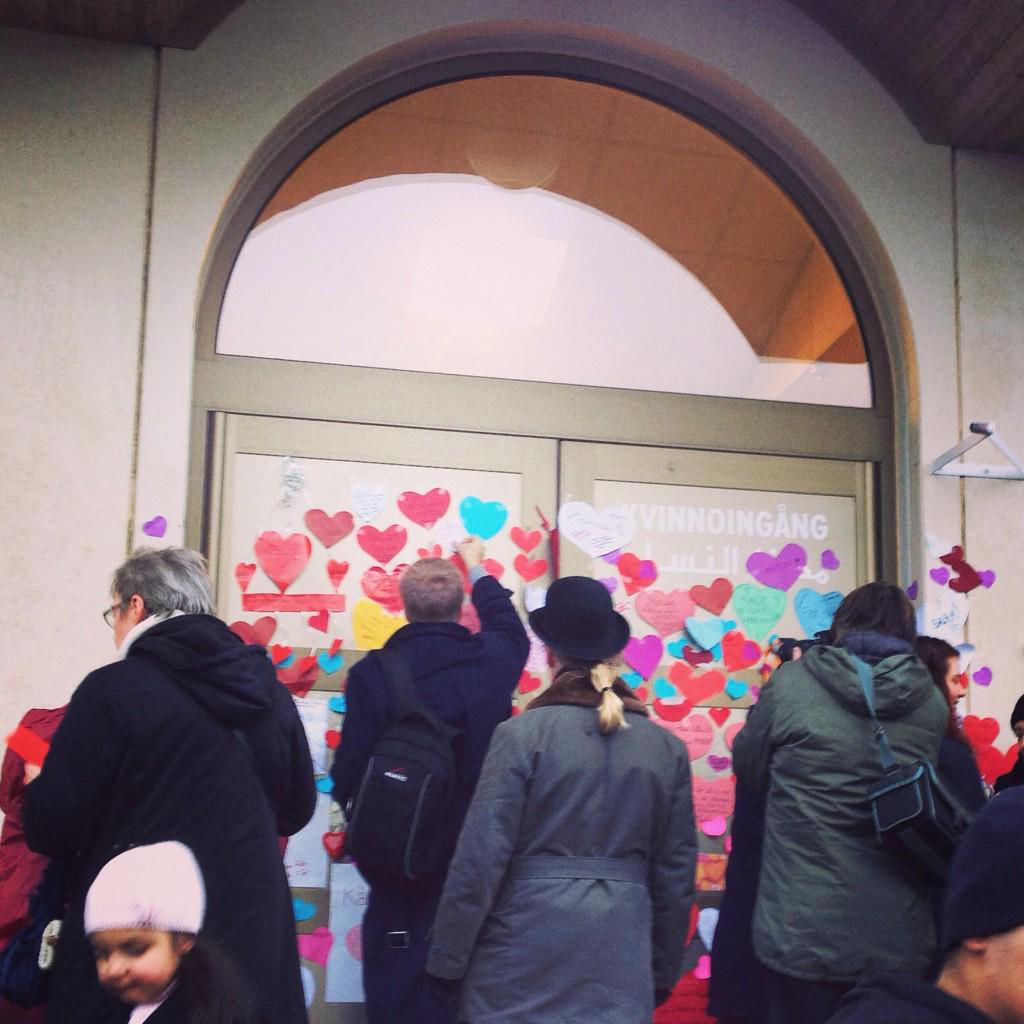By Kathryn Maureen Ryan
Impunity Watch, Managing Editor
JERUSALEM, Israel/Palestine – The Israeli government has halted the transfer of tax revenues to the Palestinians following the Palestinian Authority’s bid to join the International Criminal Court, Israeli officials said on Saturday. Palestinian Authority President Mahmoud Abbas announced earlier this week that Palestine seeks to join the ICC in The Hague primarily for the purpose of pursuing war-crimes charges against Israel, specifically in regard to last military offensive in Gaza. The move is intended to pressure Israel into withdrawing from the occupied territories that Palestinians demand for a future state. The Palestine bit at the ICC follows a failed motion last week in the U.N. Security Council to set a 2017 deadline for a Palestinian state to be established. President Abbas signed the Rome Statute on December 31, the signing ceremony was broadcast live on Palestine TV.

The Israeli government said $127 million collected on behalf of the Palestinian Authority last month would be held back. Israeli Prime Minister Benjamin Netanyahu made the decision to withhold the revenue in consultation with senior ministers on Thursday an Israeli official told said. These tax revenues make up two-thirds of the annual budget of the Palestinian Authority, excluding foreign aid. The funds are critical for the Palestinian Authority, which exercises limited self-rule, and is used to pay the salaries for its public employees.
Saeb Erekat, chief negotiator for the Palestine Liberation Organization, said of the Israeli government’s actions that the move showed that Israel was scared over the move to join the ICC. “Israel collects our customs and our taxes for us so then when they withhold these funds it means that this month people will not be able to pay the schools, the hospitals, the medical supplies, the milk and bread, so they are trying to suffocate the whole nation,” Erekat said. “It shows that when it comes to enforcing collective punishment, they are punishing 4 million Palestinians, starving them, because they want to act with impunity,” he added. “This shows the legitimacy of what we are doing in the ICC.”
In addition to the tax revenue freeze, an Israeli official said that the Israeli government was “weighing the possibilities for large-scale prosecution in the United States and elsewhere” of Palestinian President Mahmoud Abbas and other senior Palestinian officials. Israel would probably press for these cases through non-governmental groups and pro-Israel legal organizations capable of filing lawsuits abroad.
When asked about the possibility of Palestinian leaders, particularly members and leaders of Hamas, being pursued for war crimes, Palestinian Ambassador to the U.N. Riyad Mansour said that the option was “political posturing.” “We are not afraid of the judgment of the law, especially international law,” he said, speaking at the U.N. headquarters in New York City on Friday.
Palestinians seek a state in Gaza, the West Bank and East Jerusalem, which Israel captured in the 1967 Middle East War. Momentum to recognize a Palestinian state has been building since Abbas succeeded in a bid for de facto recognition at the U.N. General Assembly in 2012, which made Palestinians eligible to join the ICC. In 2012 the Israeli government froze review transfers to the Palestine in retaliation for Palestine’s launch of a campaign for recognition of statehood at the United Nations.
For more information please see:
Al Jazeera – Israel to Freeze Tax Payment to Palestinians over ICC Bid – 3 January 2015
BBC News – Israel Freezes Palestine Tax Funds over ICC Bid – 3 January 2015
The Jerusalem Post – Abbas Signs Rome Statute, Paving Way for Possible War Crimes Probe against Israel at ICC – 31 December 2014
Haaretz – Israel to Halt Transfer of Tax Revenues to Palestinians Following ICC Bid – 3 January 2015


